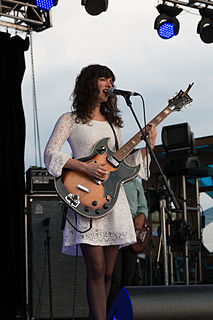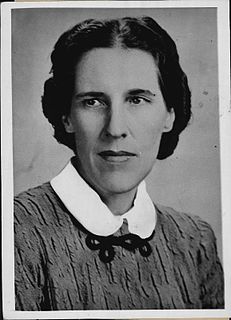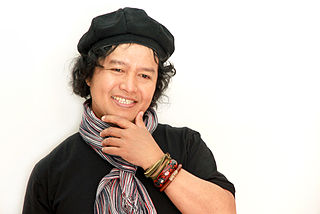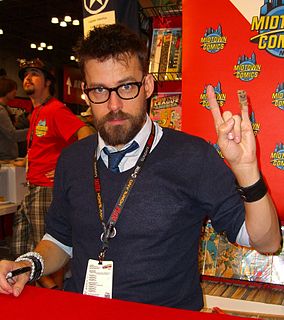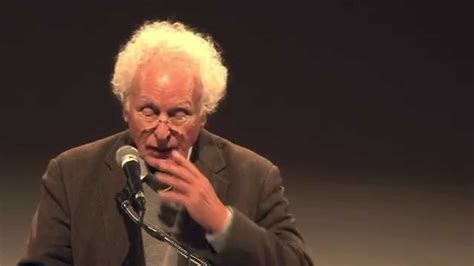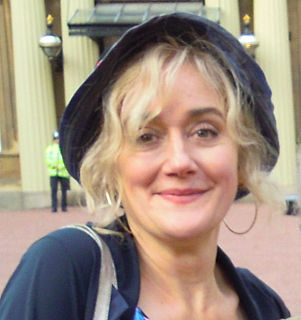A Quote by Natalie Prass
I'm the kind of writer that, once I get into writing mode in my brain, I'm non-stop.
Related Quotes
Scientists who study brain-wave activity found that the longer one watches television, the more likely the brain will slip into "alpha" level: a slow, steady brain-wave pattern in which the mind is in its most receptive mode. It is noncoggnitive mode; i.e., information can be placed into the mind directly, without viewer participation.
The brain has an attentional mode called the "mind wandering mode" that was only recently identified. This is when thoughts move seamlessly from one to another, often to unrelated thoughts, without you controlling where they go. This brain state acts as a neural reset button, allowing us to come back to our work with a refreshed perspective. Different people find they enter this mode in different ways: reading, a walk in nature, looking at art, meditating, and napping. A 15-minute nap can produce the equivalent of a 10-point boost in IQ.
I'm not a good writer, and I don't care. Unfortunately, after I left college, I didn't have time much for literature. I wish I did. Most of the time I read documents, and that's not going to help your writing. But I'm a very logical writer, and you can't get out of me. Once I've nailed you, you're finished.
